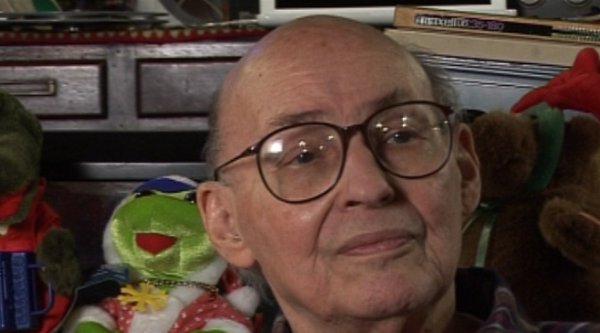The days at Harvard… there was something about that period that might never be repeated, which is to be a young scientist maturing just at the end of World War II, when something had happened that very few people knew about, namely, there had been a collection of refugees. So that when in 1953 I was finishing my PhD thesis in the math department at Princeton – this was after college – this was on neural networks and theories that I had developed after seeing Rashevsky’s book with the earliest simple theories of neural networks, so I was in the math department and they said: 'Well, is this mathematics?' Well, the answer is, it’s easy to find out, let’s send the draft of the thesis to John von Neumann, who’s at the Institute in Princeton. And he sends a message back, saying: 'Well if this isn’t mathematics now, it soon will be'. That’s what the head of the department told me.
And this was because people like von Neumann and Gödel and everybody – maybe not Gödel – but many of the people that I knew had been refugees from Europe, and people in the… particularly in the Office of Naval Research, but other agencies during World War II had been systematically finding ways to extract great scientists from Europe rather secretly and quietly, and bringing them to places like Harvard and Princeton and the Institute for Advanced Study, and so forth. So when I was coming through college and out of it… I had this opportunity that maybe no one will ever see again, or maybe it’ll happen in China soon, I don’t know. But if I had a question, I could ask the… I could just walk over and ask the person who knew more about it than… than anyone else; I got used to that. If I had a question about optics, I would just walk down the hall and ask Ed Purcell. Well, this was later, when… when I’m back at Harvard in the… after… after I was at Princeton, working on these neural network theories, then I got a Fellowship back at Harvard for three years where I could work on anything I wanted to and… in this atmosphere where if some problem came up, probably the world’s best expert on it was down the hall, or nearby.
[Q] Fabulous.
Of course, it’s fabulous now, because they’re on the internet, but you have to be fairly… you have to have a reputation to get their attention; whereas at that time they were looking for good students, rather than overwhelmed by them.






